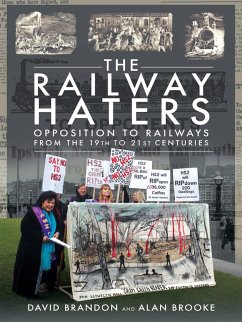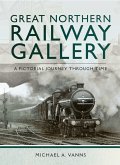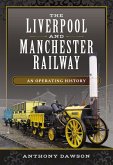This unique social history examines 200 years of controversy surrounding British Railways-from the dawn of industrialization to contemporary light rail. During the Industrial Revolution, the power of landowning aristocrats was challenged by the emergent wealth and influence of the urban middle class. There was no greater symbol of this seismic shift in society than the British Railways Companies. Railways, with their powers of compulsory purchase, intruded brutally into the previously sacrosanct estates and pleasure grounds of Britain's traditional ruling elite. Aesthetes like Ruskin and poets like Wordsworth ranted against railways; Sabbatarians attacked them for providing employment on the Lord's Day; antiquarians accused them of vandalism by destroying ancient buildings; others claimed their noise would make cows abort and chickens cease laying. And while the complaints have certainly changed, railways have continued to provoke debate ever since. Arguments have raged over railway nationalization and privatization, about the Beeching Plan to increase efficiency, and around urban light rail systems. Examining railways from their beginnings to the present, this book provides insights into social, economic and political attitudes and emphasizes both change and continuity over 200 years.
Dieser Download kann aus rechtlichen Gründen nur mit Rechnungsadresse in A, B, BG, CY, CZ, D, DK, EW, E, FIN, F, GR, HR, H, IRL, I, LT, L, LR, M, NL, PL, P, R, S, SLO, SK ausgeliefert werden.









